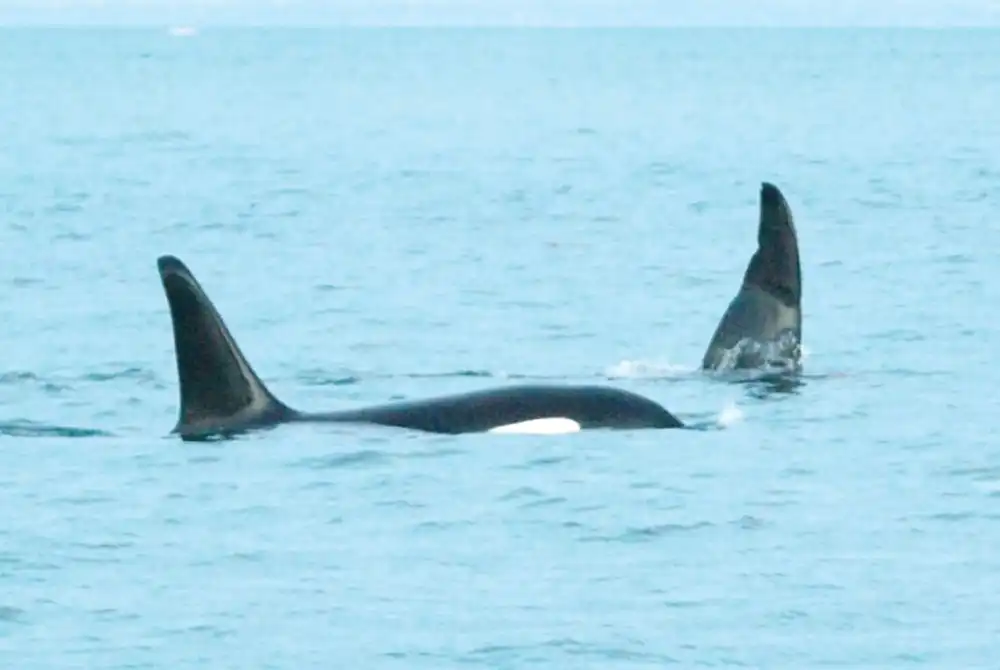
Orcas – also known as killer whales – have been documented preying on great white sharks in South Africa for several years. Now, DNA evidence taken from a great white carcass has shown the behaviour has also occurred in Australian waters.
Great white predation by orcas was most notably brought to the world’s attention in 2017, when a spate of great white deaths was attributed to a pair of local orcas that had been nicknamed ‘Port’ and ‘Starboard’.
Their presence was enough to scare away the local population of great white sharks, and the behaviour has been observed several times since, including a sighting in March 2024 when Starboard killed a great white and ‘surgically removed’ its nutrient-rich liver in under a minute.
The behaviour has been spotted sporadically off the coast of California, and orcas have also been observed hunting whale sharks and extracting their livers in the Gulf of California off the coast of Mexico.
Related articles
- Solo orca kills great white shark in under two minutes
- The orcas hunting whale sharks in the Gulf of California
- Video: orcas hunting dolphins in San Diego
- Continued predation of great white sharks by orcas
- South African orcas kill 17 sharks in a single day
The Australian findings are based on the recovery of a great white carcass that was washed ashore in October 2023, following reports that orcas had been spotted hunting a large, but unidentified, item of prey in the area.
The shark’s wounds appeared consistent with bite marks found in the South African great white carcasses, and the liver and other internal organs were missing.
Swabs taken from the bites were analysed and found to contain orca DNA, which, together with the type of wound indicated that the shark had met a similar fate as those in South Africa.
There are at least two distinct populations of orcas present in waters around Australia, however, due to the limited amount of genetic material available from the samples, the scientists were unable to identify an individual animal, or which population it may have come from.
Nevertheless, the forensic analysis of the shark’s carcass indicated that the presence of the orca’s DNA was not accidental.
‘Multiple lines of evidence point to the presence of killer whale DNA being the result of a true predation event and not an artefact of contamination from the marine environment,’ wrote the study’s authors.
‘These results provide confirmed evidence of killer whale predation on white sharks in Australia and the likely selective consumption of the liver, suggesting predations of this nature are more globally prevalent than currently assumed.’
The complete paper, ‘Genetic Evidence of Killer Whale Predation on White Sharks in Australia’ by Isabella M M Reeves et al, is published in the online journal Ecology and Evolution.
- Crown-of-thorns outbreak developing in northern Great Barrier Reef - 29 January 2026
- Six bodies recovered in search for missing Philippines divers - 27 January 2026
- DIVE’s Big Shot Light and Shadow – win an Aggressor Adventures liveaboard trip - 23 January 2026


